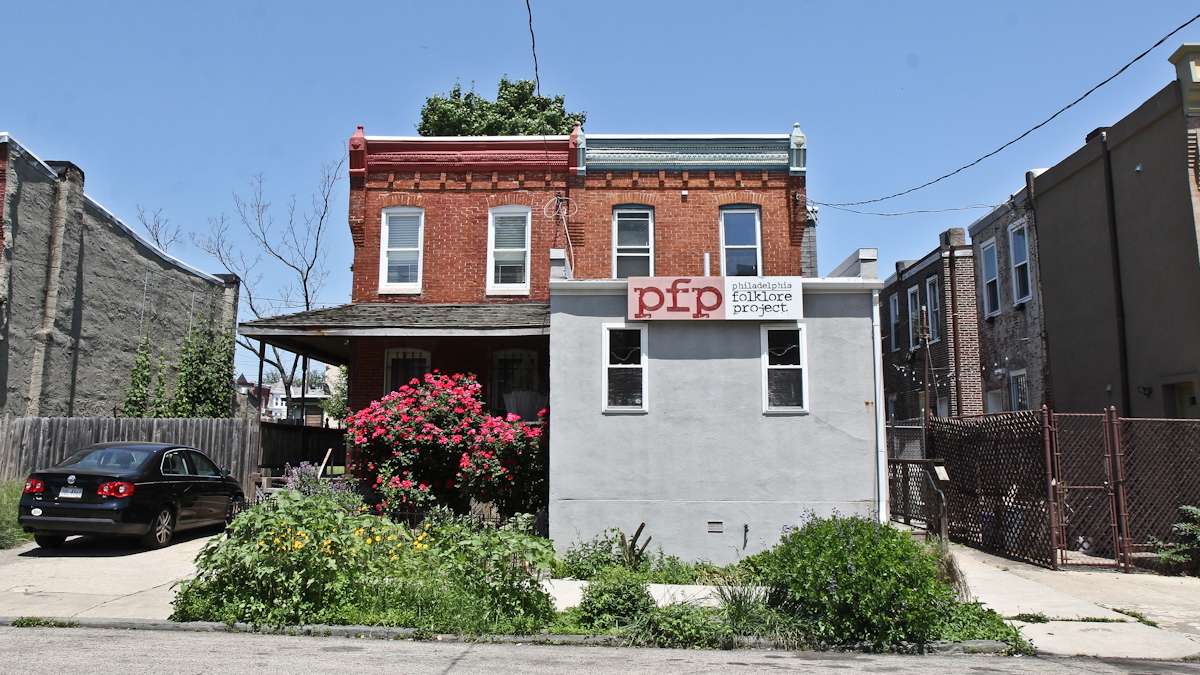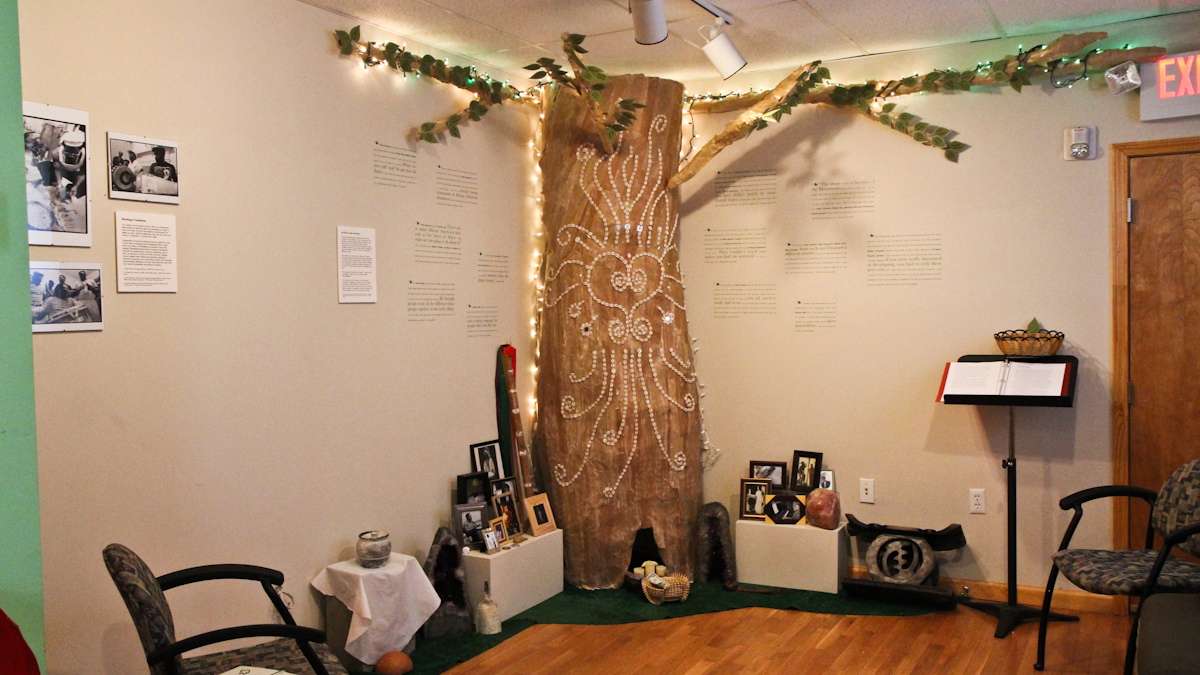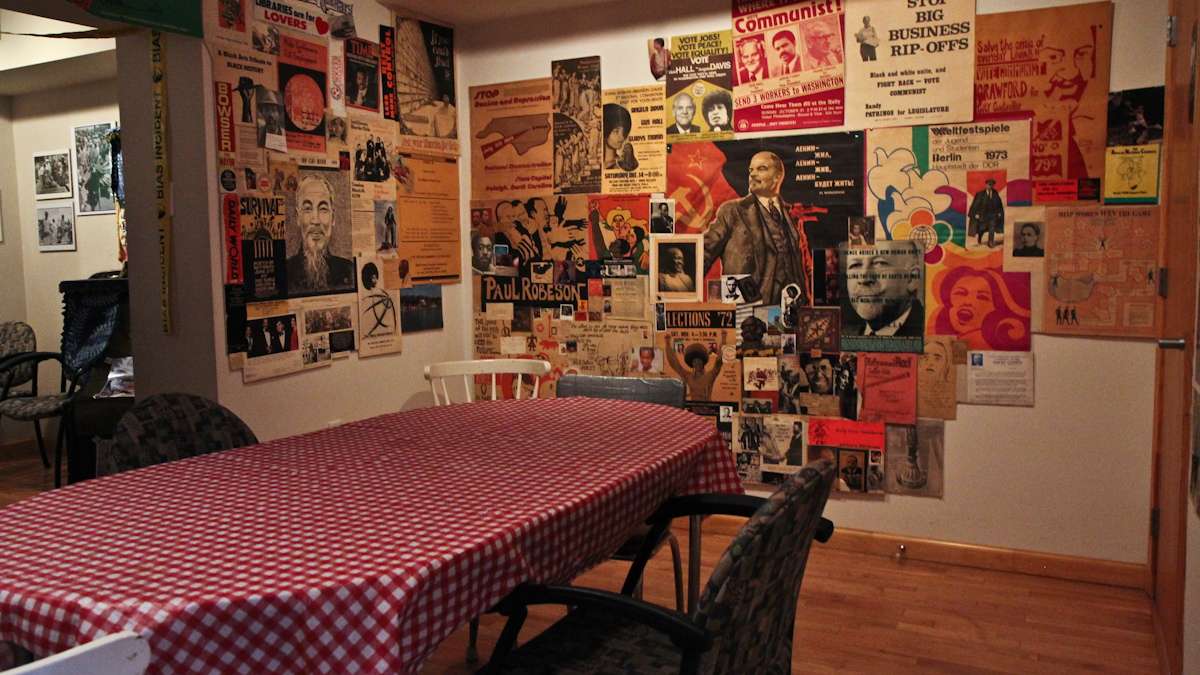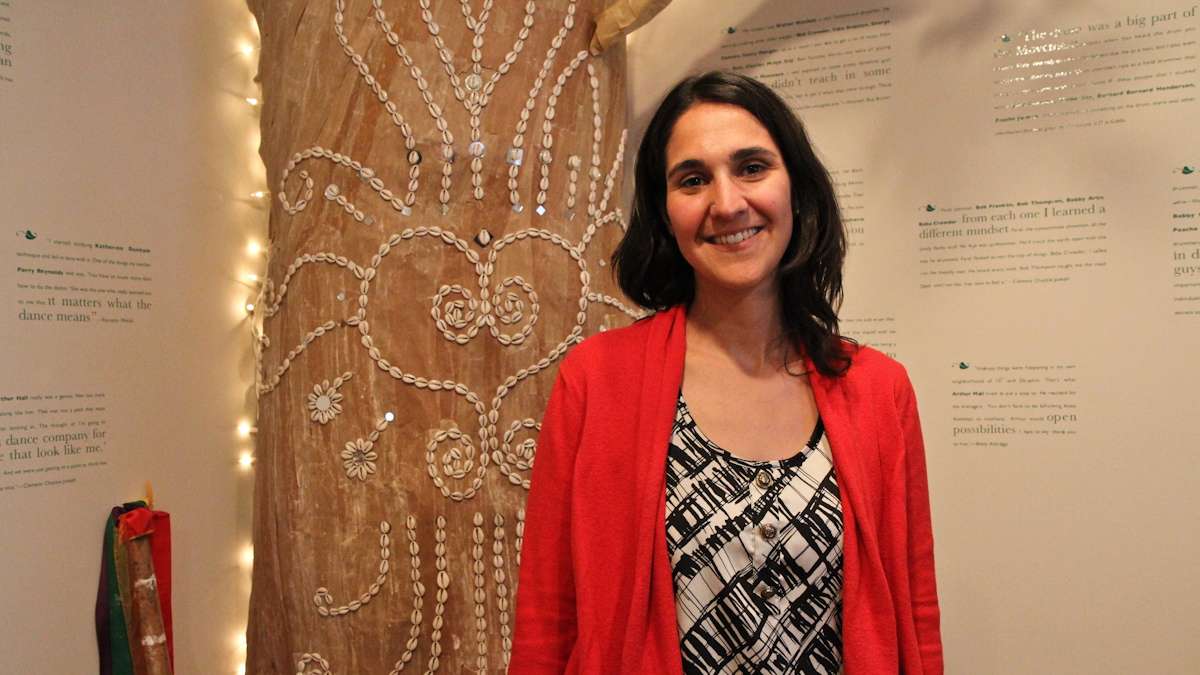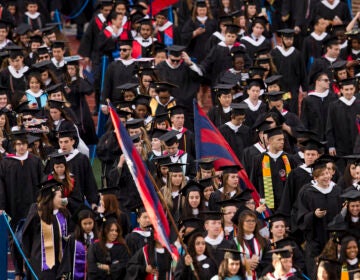City Council leader, schools chief clash over means to fund Philly schools
The Philadelphia school district’s budget crises never seem to end.
In fact, even as students and parents hold their collective breath for the possibility of even more cuts to classroom resources for next school year, the ghost of last year’s crisis lingers.
Last summer, Superintendent William Hite said he would not open schools unless the district received an additional $50 million from the city.
Soon after, Mayor Michael Nutter and Council President Darrell Clarke held competing press conferences with differing visions for how to deliver this funding. Both parties assured the district that it could count on the needed revenue.
Schools, though severely under-resourced, opened.
Ten months later, district officials and city politicians are still squabbling over that $50 million.
Clarke had wanted the district to allow the city to sell its unused school buildings as a way to generate the revenue.
If the district had gone along with Clarke’s plan, the city would have fronted the district $50 million in November in exchange for the titles to the district’s surplus real estate.
The district instead chose to sell the first batch of unused properties itself. Hite reasoned that this has allowed for greater community input on “hundreds of millions of dollars worth of public properties.”
In February, the district announced that it had agreements of sale for six of its properties in deals that would net $26 million.
The district expects to close these sales by June 30.
On top of the $50 million, the district’s FY14 budget was counting on $11 million in building sales, creating a total need of $61 million. Deducting the $26 million in anticipated sales, the district has been counting on the city to come through on an additional $35 million.
Without these funds, the district says it will pay the remainder of this year’s bills, but next year’s budget hole would grow proportionately.
Hearing issues
There is much consternation between the district and City Council.
At a hearing last week, Clarke and Hite got into a heated exchange over the district’s handling of real estate sales.
In a telephone interviews Tuesday, Clarke and Hite outlined their positions.
Clarke accused the district of “wasting time,” making the process “extremely burdensome” to potential buyers, and showing “a lack of urgency” in completing sales.
“Their preference has always been simply to ask City Council to raise people’s taxes and give them the money,” said Clarke, adding, “with minimal oversight, if any at all.”
Clarke maintains that the district could make up the $35 million shortfall by fast-tracking the sale of more of its properties.
“We’re talking about 32 properties that are listed as surplus,” he said. “They have very valuable real estate, and they need to sell the real estate and get the short-term revenue.”
Clarke has been specifically bewildered by the district’s treatment of William Penn High School on North Broad Street, which has an asking price of $15 million. Although the building has been out of commission for five years, the district never formally closed it.
Clarke, who said he’s been “personally involved” with Temple University’s bid to buy this property, says buyers have been scared off by the district’s inaction.
Hite called debate over building sales a “red herring” that masks the “broader problem,” which is “the significant structural deficit that the district is facing.”
“This whole notion about the speed of the sale of the buildings — it’s a great conversation to have. It is great to be able to debate what could have happened faster,” he said. “But at the same time, we’re facing a significant revenue challenge.”
Trying once again
On Wednesday, City Council will hear a bill that would have the city borrow $20 million to send to schools.
District officials will testify that amount isn’t sufficient.
The district contends that the city has long had a way to generate more revenue for schools in a way that would have “no impact” on the city’s budget.
Last July, when the state authorized the extension of the 1 percent sales tax to provide the district with $120 million in recurring funding (which wouldn’t be available until FY15), it allowed the city to borrow $55 million against the proceeds of the sales tax revenue.
If the city took this loan, it would be on the hook for more than $15 million in debt service.
Within four years, the sales tax revenue would allow the city to pay back the loan and the related debt service.
This was the plan that Nutter initially championed last summer.
Clarke has opposed it all along. He contends that if even the borrowing doesn’t affect the city’s bottom line, it gives taxpayers a raw deal by asking them to contribute sales tax dollars to what he sees as unnecessary debt service.
Despite Clarke’s continued objections, members of Hite’s team will once again attempt to change the councilman’s mind at Wednesday’s hearing.
“We’re advocating that nothing be left on the table,” Hite said. “And if there’s a mechanism to provide us with additional monies, then it’s important for us, I think, collectively to take advantage of that.”
To Hite’s mind, this would allow the city to “make good” on its $50 million commitment. To Clarke’s, that pledge disappeared when the district didn’t turn over its properties in November.
Nutter spokesman Mark McDonald says the administration is “committed to fulfilling its pledge” to provide the district with $50 million “more than where they were last year.”
Onward
Clarke has been hoping to split the sales tax revenue between schools and the city’s woefully underfunded pension system.
He had hoped to fill more of the district’s budget gap with the revenues of a cigarette tax that Council passed in the spring. But the cigarette tax, which requires state approval, has so far been a non-starter in the Republican-controlled, tax-averse state legislature.
Last week, Council agreed that unless the cigarette tax comes through, schools will receive the first $120 million in sales tax revenue.
Even with this guarantee, the district says it still needs an additional $96 million for next school year in order to offer the same bare-bones, “inadequate” level of services as this year.
WHYY is your source for fact-based, in-depth journalism and information. As a nonprofit organization, we rely on financial support from readers like you. Please give today.







